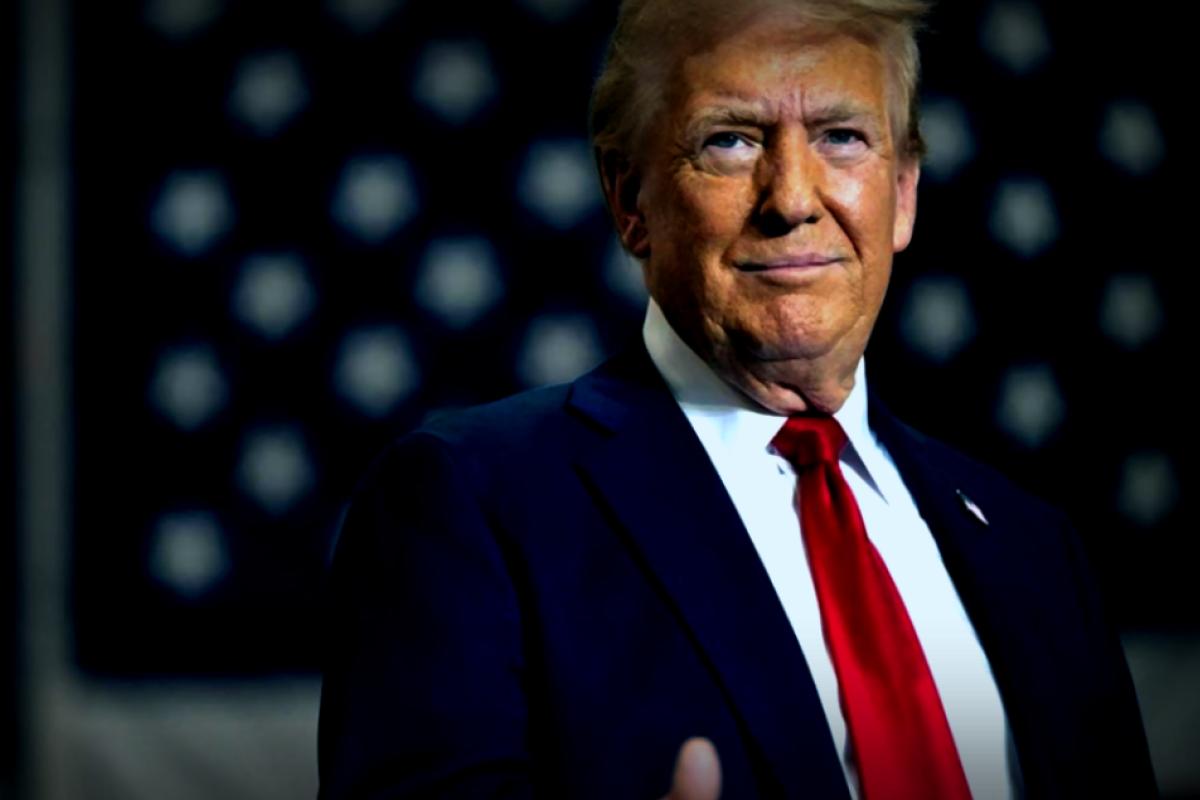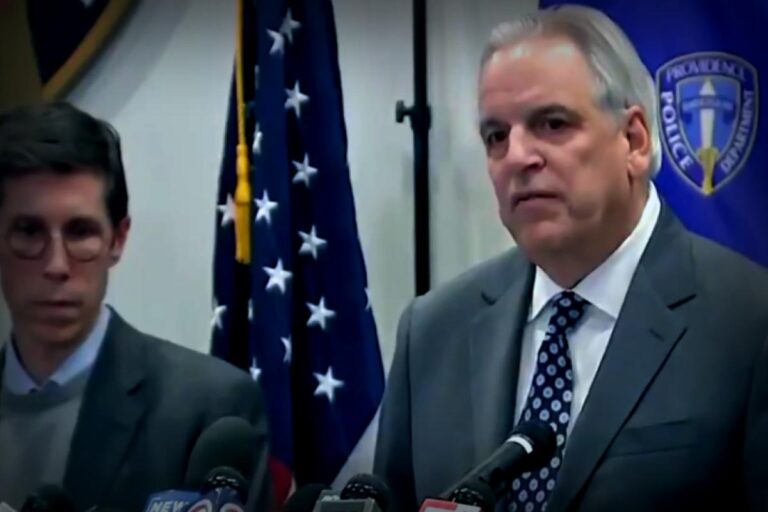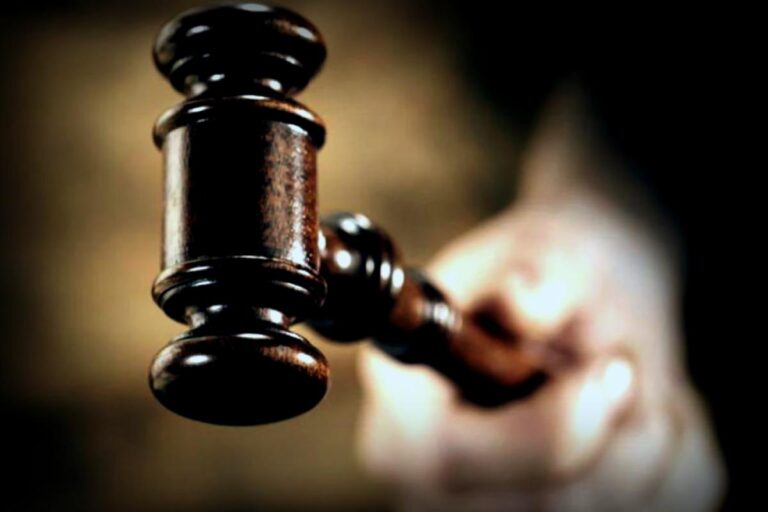Donald Trump just scored a rare win in the courtroom this week when an appeals court in New York overturned a huge penalty related to fraud claims against him and his business. While this ruling lifts a huge financial burden, it doesn’t clear him or his team of any wrongdoing—it’s more like a partial win without a full exoneration.
On Thursday, a panel of five judges from the Appellate Division in New York decided that the original penalty of over $515 million—which started at $354 million but ballooned because of interest—was deemed “excessive” based on constitutional standards. The judges acknowledged that misconduct was present but ruled that the penalties imposed were disproportionate in violation of the Eighth Amendment, which prohibits excessive fines.
A Blow to New York’s Attorney General
The ruling dealt a setback to New York Attorney General Letitia James, who worked on this case for three years. Her investigation claimed that Trump and his associates often misled banks and investors. Her office argued that the Trump Organization inflated financial statements over many years to gain favorable loans and insurance deals, which she termed “ill-gotten gains.”
Last year, Judge Arthur Engoron backed James after a bench trial, condemning Trump, his companies, and his trust to pay back hundreds of millions. Engoron’s verdict also stripped Trump and his adult kids of their roles within New York companies for several years. On top of that, Trump faced a three-year restriction on getting loans from New York banks.
Though those penalties were paused pending appeals and the financial repercussions have now been cut down, the operating restrictions still pose serious issues for Trump’s business endeavors in New York.
Fraud Established, Guilt a Gray Area
Despite the headline hype about Trump winning, the appeals court didn’t dismiss Engoron’s findings regarding fraud. In fact, the panel explicitly affirmed that Trump and his team engaged in deceptive actions. While the ruling lessened the penalties, it preserved the key conclusion that Trump’s businesses benefited from misleading financial reporting.
Judge Peter Moulton, expressing the majority opinion in a lengthy ruling, stated: “While harm did occur, it was not catastrophic harm warranting a half-billion-dollar disgorgement.” This language indicates that while Trump isn’t free from accountability, he is shielded from what the court found to be unconstitutional financial penalties.
Political and Legal Repercussions
For Trump, who has framed this lawsuit as a “fraud against me,” this ruling gives him temporary relief from a massive financial is burden. He’s even pushed for the Department of Justice to look into James, claiming her actions go against his rights.
However, this appeal leaves many crucial questions unsettled. James is likely to take the fight to New York’s highest court looking to secure financial restitution, positioning this case as a quest for accountability for “illegal profits.” This next step will determine if Trump ends up having to pay any significant fines.
At the same time, the restrictions hampering Trump’s ability to do business in New York are still in force, putting him at a disadvantage. Former executives from the Trump Organization, Allen Weisselberg and Jeffrey McConney, remain strictly barred from handling finances for any New York company and have a three-year ban on serving as officials or directors.
A Win Wrapped in Ambiguity
For many watching the situation, this ruling presents an odd dichotomy: a financial victory for Trump, but without the full validation he sought. His brand, already in hot water over various legal struggles, continues to bear the mark of confirmed fraud—even if his financial situation is relatively lighter now.
This court decision offers insight into the tricky balance of punishing bad behavior while still respecting constitutional rights. For Trump, it might become a point he uses in his campaign rhetoric, painting himself as a target. For James, it’s a temporary loss but not an end to her legal battles.
Ultimately, this case highlights that Trump’s legal predicaments are not just about hefty fines but also underscore larger questions of legitimacy and credibility—a lasting reminder of judicial findings declaring his empire guilty of deception, even when the financial toll isn’t overwhelmingly high.





















